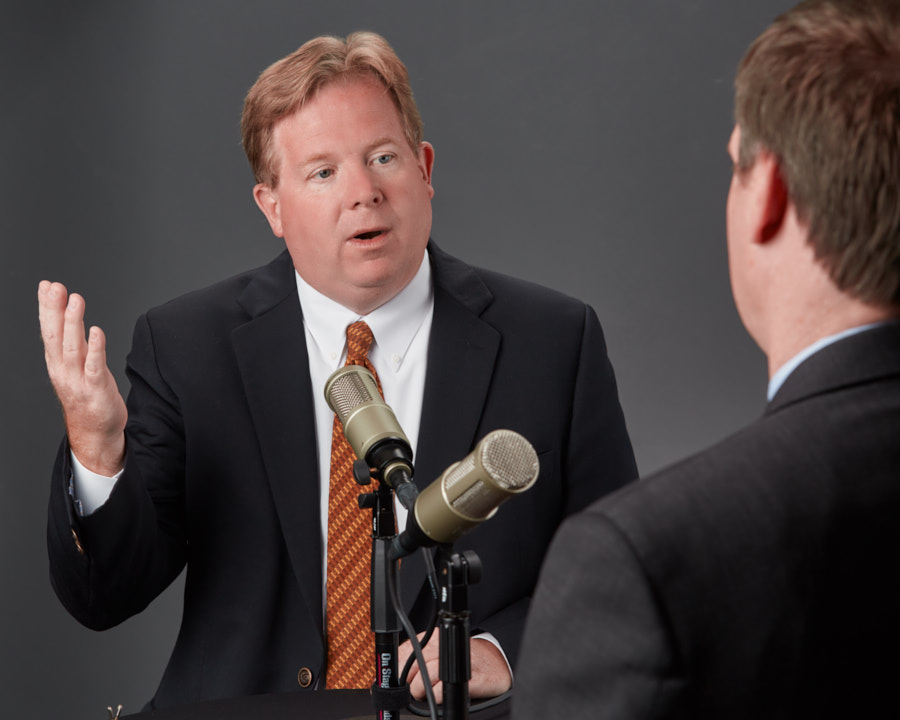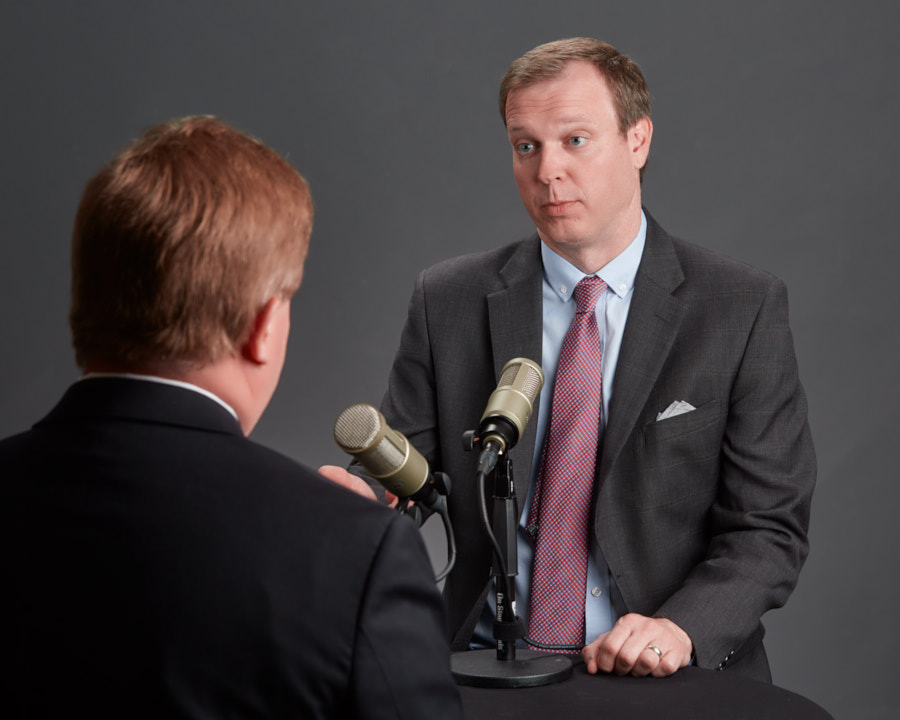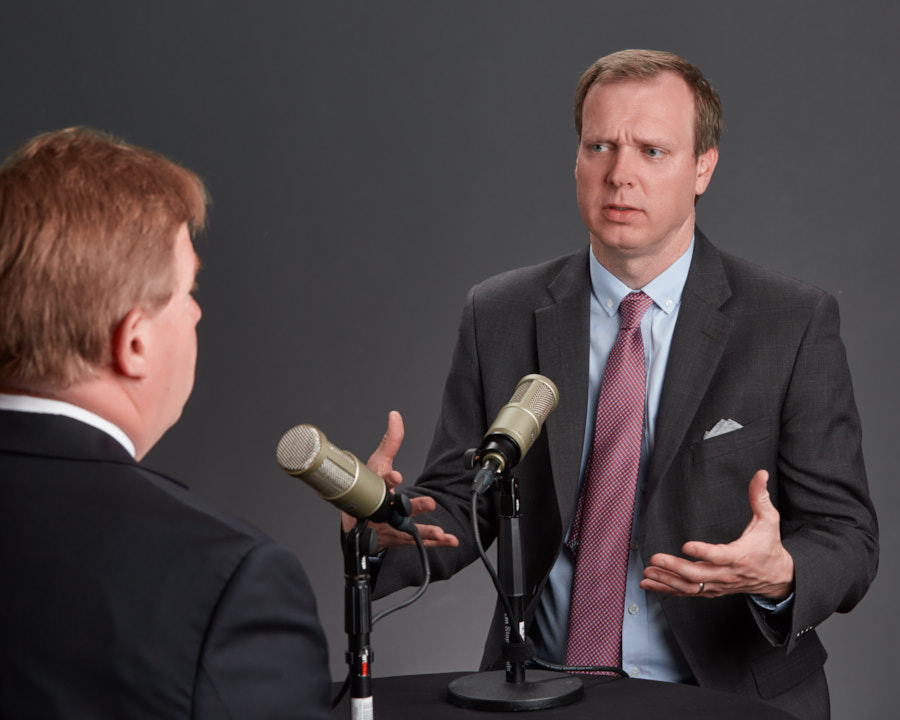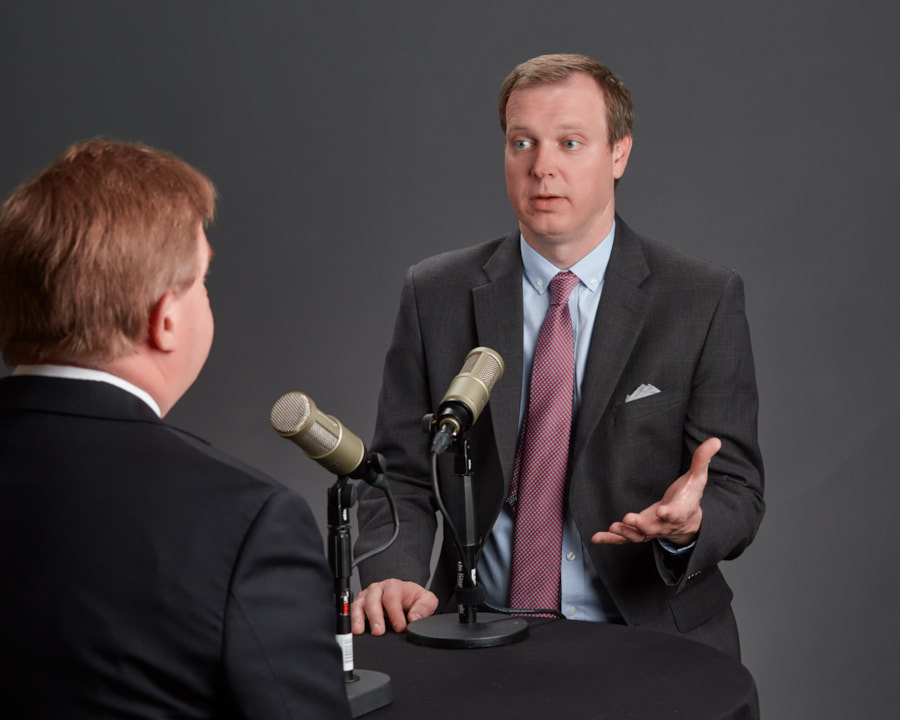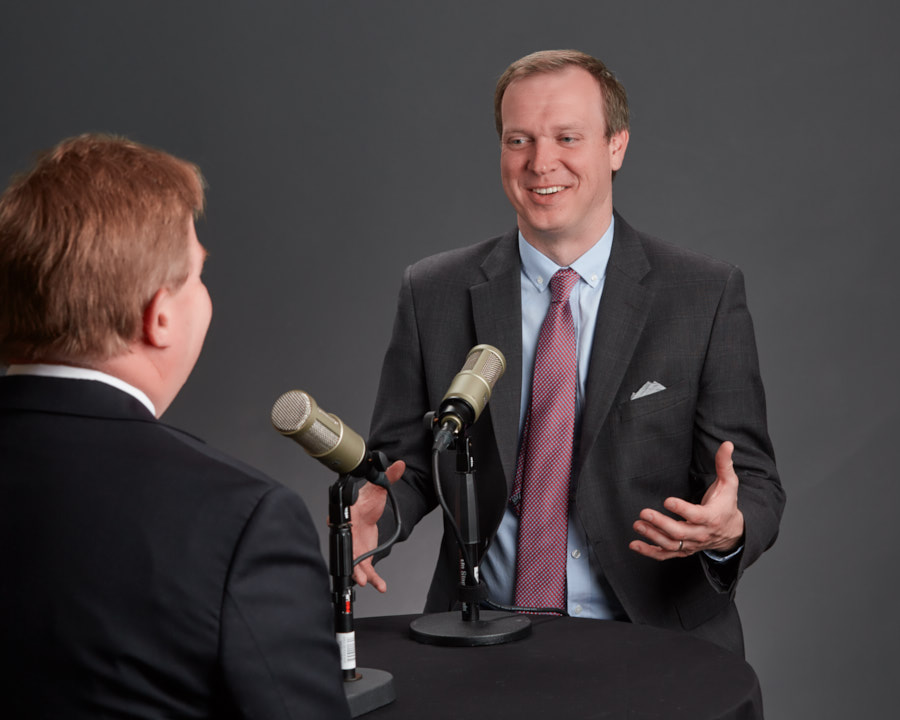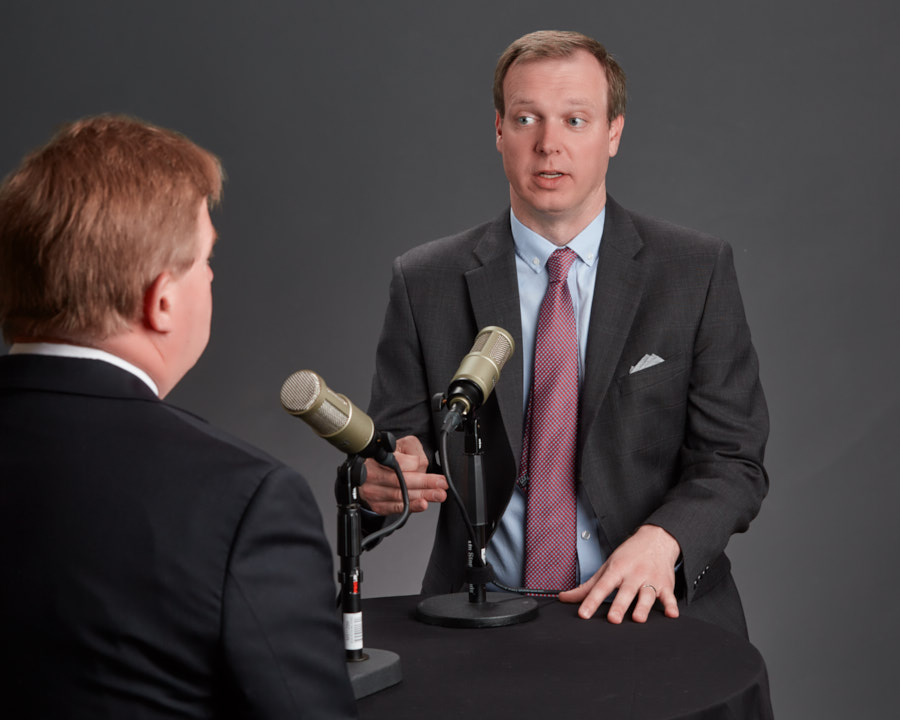Michael comments on his personal beliefs on apartment ownership. He points to a few factors that keep his outlook positive. According to a new study commissioned by the National Multifamily Housing Council and the National Apartment Association, delayed marriages, an aging population and international immigration are increasing a pressing need for new apartments in the U.S., to the tune of 4.6 million by 2030. Currently, nearly 39 million people live in apartments, and the apartment industry is quickly exceeding capacity; In the past five years, an average of one million new renter households were formed every year, which is a record amount; and,
It will take building an average of at least 325,000 new apartment homes every year to meet demand; yet, on average, just 244,000 apartments were delivered from 2012 through 2016.
Delayed house purchases- Life events such as marriage and children are the biggest drivers of home ownership. In 1960, 44 percent of all households in the U.S. were married couples with children. Today, it's less than one in five (19 percent), and this trend is expected to continue.
The aging population- People ages 65-plus will account for a large part of population growth going forward across all states. The research shows older renters are helping to drive future apartment demand, particularly in the northeast, where renters ages 55-plus will account for more than 30 percent of rental households.
Immigration- International immigration is assumed to account for approximately half (51 percent) of all new population growth in the U.S., with higher growth expected in the nation's border states. This population increase will contribute to the rising demand for apartments. Research has shown that immigrants have a higher propensity to rent and typically rent for longer periods of time.
There will also be a growing need for renovations and improvements on existing apartment buildings, which will provide a boost in jobs (and the economy) nationwide. The research found that 51 percent of the apartment stock was built before 1980, which translates into 11.7 million units that could need upgrading by 2030. The older stock is highly concentrated in the northeast.





